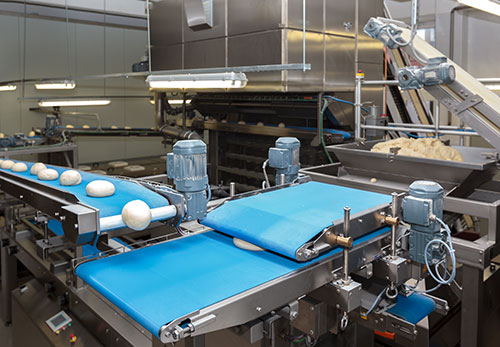
A few years ago I made a trip to Houston, Texas. While I was there I stopped for a meal at a Cantina. I ate at a few other local spots as well. On the plane ride home it began: nausea, fever, chills, headache, vomiting. To be frank, I wanted to vomit my guts out. I drove straight from the airport to my doctor’s office, and he sent me straight to the hospital. And there I stayed for the next ten days. They fed me by IV since eating wasn’t an option. There were times when I thought dying might be preferable to continuing on in the agony. At those moments they would add a little Demerol to my IV drip. A green gray cloud would carry me away and for a while it was nothing but bliss. Eventually the death wish would return. Food poisoning can be really rough.
The memory of this experience is always brought to mind when I hear news stories about food recalls for various food poisoning issues. Recently, Chipotle comes to mind. They have had a series of issues, shutdowns and program changes. If you visit their website, food safety is a featured discussion and an entire page is dedicated to their food practices and procedures and details on the 2015 foodborne illness incidents stemming from their chains. Grocery chains go through recalls of various products as well. As individuals we try to watch for and avoid these locations or products.
As a nation we have the safest food supply in the world. People in other nations have much higher disease and mortality rates from food toxins than we do. The FDA and the USDA have many rules and regulations that food manufacturers and restaurants must follow. Food manufacturers and restaurant chins keep a staff of dedicated engineers to comply with many regulations. Nothing is worse for reputation, advertising, or sales than to be identified as the source of a foodborne outbreak. Recalls are expensive and can have long term impact on sales. Organized programs and procedures make safety a high priority at many food plants and restaurants. These procedures dictate how ingredients are handled, stored, and prepared; how restaurants are cleaned; and how employees are trained.
At Optimation, many of our major clients are food processing facilities. We work with our clients to create food monitoring, tracking and data logging systems for their processes. We can also help with the development of vulnerability assessments. Food safety monitoring is important to us, because we know firsthand what’s at stake. None of us want to be hospitalized wishing to die.
